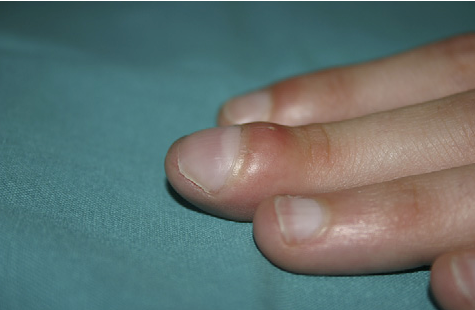As long as medical schools in Asia keep on repeating the same old way of teaching psychiatry, the frame work needed to understand the notion of healthy mind equals healthy self, is going to be difficult to attain.
The image of mental health has to change, if it remains a taboo till this day, we might never be able to make the community comprehend the importance of a sound mind.
Suicide is the second leading cause of death among young people and doctors are one of the high-risk groups for suicide. Isn’t that supposed to ring a bell?
It has been estimated roughly that around 75% of residents are on SSRIs and anti-depressants. The norm as one may call it now. As doctors or as med students you are not supposed to seek help, and if you do you are a weak person. How do we justify being depressed in medical schools and hospitals? How are we supposed to treat patients when we are suffering from anxiety and panic attack and contemplate suicide every now and then? When is the mass going to understand that doctors are humans?
The incidence of co morbid mental and physical disorders has not only been given insufficient attention but also grossly underestimated. Despite the huge personal and social impact of mental illnesses, mental health globally is widely neglected and marginalized.
The relationship between physical and psychological co morbidity is multifaceted and the casual relationship established for one physical or mental disorder may not hold good for another disorder. A reintegration of psychiatry with medicine for an ultimate goal of providing optimal health care to this population might pave the way to address the issue, but we still have a long way to go.
Mental and physical health have a bi-directional yet complex relationship. Several studies have indicated that asthma can be triggered by emotional stress and diabetes can be linked to binge eating disorder. A molested child, a rape victim to a burned-out medical student; its better to access their mental health than excavate their trauma to fail as a society.
Mental health needs to be cultured and maintained by social forces and cultural strengths in schools, hospitals, offices. As we have started to recognize the role of a sound mind in health, there are now some rippling effects. WHO has planned a comprehensive mental health action plan where it focuses on long neglected issues, but is rooting on human rights to achieve it.
This ripple effect should not stop rather, it should flow from door to door, to change the attitude that perpetuate ‘shame’ that discriminate, which has alienated society into meaningless categories, and has given rise to more grave mental health problems.
Education, understanding and non-judgmental ideas can play a bigger role in influencing our society to accept that mental health is equally crucial as physical and being not okay is just okay sometime.
Since they say’ mind and the body are not separate, what affects one, affects the other’.





